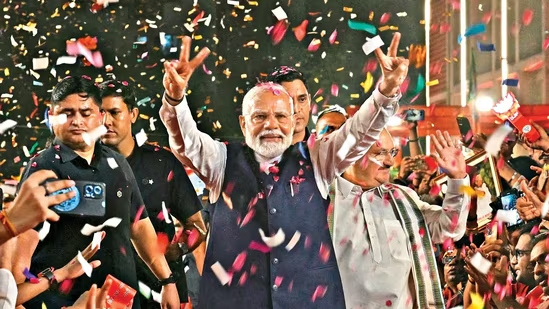Since the COVID pandemic began in 2020, incumbents have lost office in 40 out of 54 elections in Western democracies.
Governments worldwide, both left- and right-leaning, regardless of their tenure, have faced strong opposition from dissatisfied voters this year, which has been termed the “super year” for elections.
Donald Trump’s victory in the U.S. presidential election added to a series of setbacks for incumbent parties in 2024, with elections held in around 70 countries, representing nearly half of the world’s population.
Voter discontent has been caused by various issues, but a common factor is the ongoing impact of the COVID-19 pandemic. People and businesses are struggling to recover, facing high prices, tight government budgets, and a rise in migration.
“There’s an overall sense of frustration with political elites, viewing them as out of touch, that cuts across ideological lines,” news agency Associated Press quoted Richard Wike, director of global attitudes research at the Pew Research Center as saying.
He added that a Pew poll across 24 countries, which revealed that the appeal of democracy is declining as voters face growing economic hardship and feel that no political group truly represents their interests.
Are Western democracies facing a crisis?
Since the pandemic began in 2020, incumbents have lost office in 40 out of 54 elections in Western democracies, highlighting a significant “incumbent disadvantage,” according to Steven Levitsky, a political scientist at Harvard University.
In the UK, the Conservatives experienced their worst result since 1832 in July’s election, which saw the center-left Labour Party return to power after 14 years.

